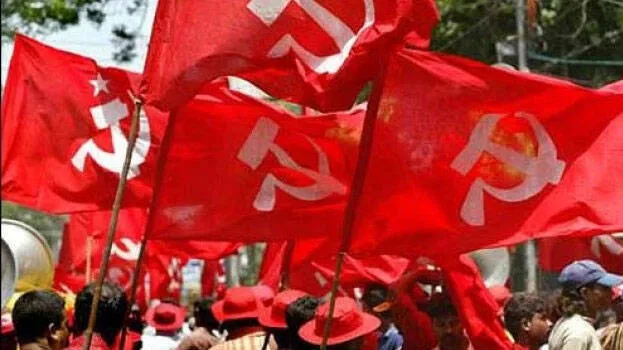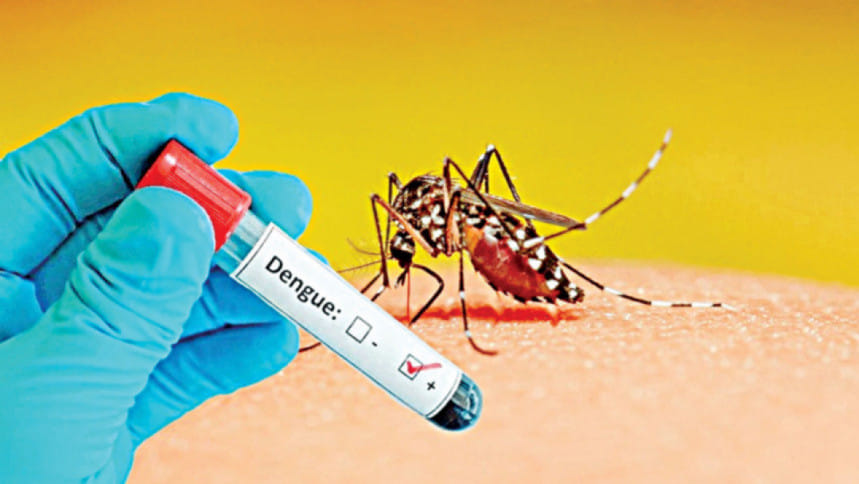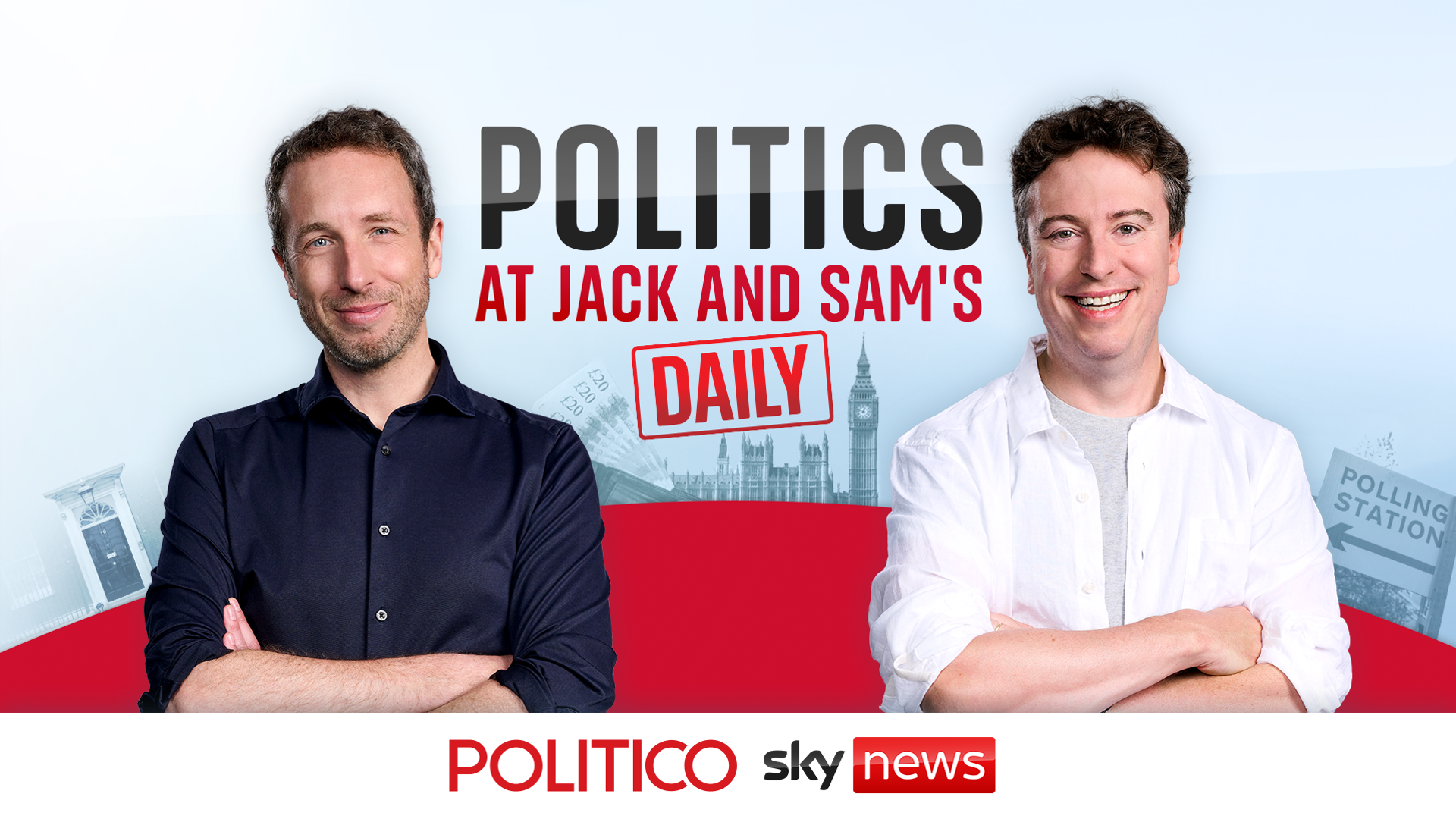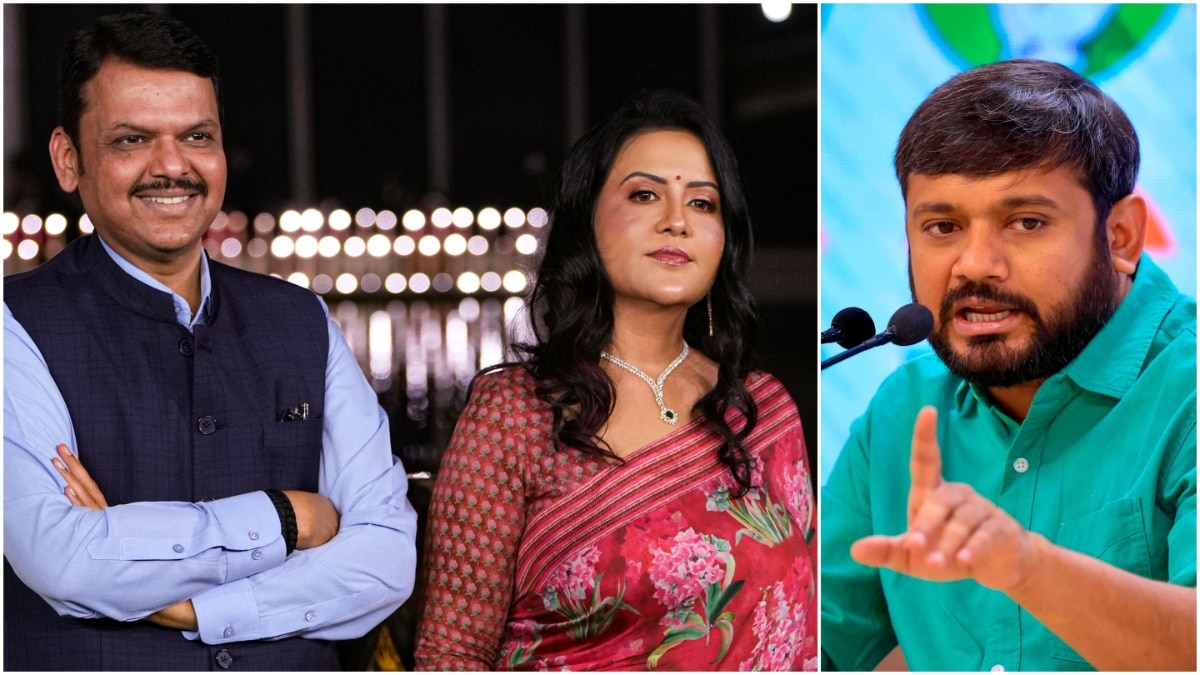
PHILADELPHIA — Kamala Harris told a church congregation Sunday that the United States is “determined to turn the page on hatred and division.” Senior pastor W. Lonnie Herndon, left, greets Democratic presidential nominee Vice President Kamala Harris during a service at the Church of Christian Compassion on Sunday in Philadelphia.
The vice president's visit to Philadelphia's Church of Christian Compassion, where the pastor introduced her at a worship service as “the voice of the future,” was the first stop of the day in the largest city in swing state Pennsylvania and a critical Democratic stronghold. The presidential nominee is trying to energize supporters with a little more than a week to go before the Nov. 5 election.
In her remarks, Harris drew on the story of the Apostle Paul, who overcome difficulties to spread the word of Jesus. “In hard times when we may grow weary in doing good, we must remember the power that works within us, the divine power that transformed Paul’s life, guided him through shipwreck and sustained him through trials," Harris said. After Harris spoke, W.
Lonnie Herndon, the church’s senior pastor, delivered a sermon about compassion and how "strong people never put others down, they lift them up.” “In nine days we’ll be able to do this,” Herndon said as he made the motion of turning a page. “Turn the page,” the congregation shouted in unison.
“We are going to get out and vote," he said as Harris listened from her seat in the front row. “And let me be crystal clear. We are not electing a pastor.
We are electing a president that will deal with these divided United States, bring us back together.” Members of the congregation pray before Democratic presidential nominee Vice President Kamala Harris arrives to speak during a service at the Church of Christian Compassion on Sunday in Philadelphia. Harris planned to stop later at a barbershop, a Puerto Rican restaurant and a youth basketball facility before speaking at a rally.
The vice president and Tim Walz are expected to visit all seven battleground states in the coming days, part of a final blitz before the Nov. 5 election. She has tried to keep the focus on abortion rights in the closing stretch of the campaign, including during appearances with Beyoncé and Michelle Obama.
In an interview with CBS News that aired Sunday, Harris declined to say whether she would support any restrictions on abortion, emphasizing the need to restore Roe v. Wade. “It is that basic,” Harris said.
The nationwide right to abortion was overturned two years ago by the conservative majority on the Supreme Court that included three justices nominated by Donald Trump while president. “My first priority is to put back in place those protections and to stop this pain and to stop this injustice that is happening around our country,” Harris said. Democratic presidential nominee Vice President Kamala Harris, second left, attends a service at the Church of Christian Compassion on Sunday in Philadelphia.
She also brushed off Trump's claim that he would not sign a national abortion ban if elected. “He says everything, come on," Harris said. "Are we really taking his word for it?” While Harris campaigns in swing state Pennsylvania, her running mate will be in Las Vegas on Sunday.
On Monday, the Minnesota governor will visit Manitowoc and Waukesha, Wisconsin, before joining Harris for a rally in Ann Arbor, Michigan, where the singer Maggie Rogers is scheduled to perform. Harris will be in the nation's capital on Tuesday to deliver what her campaign calls her “closing argument” in a speech from the Ellipse, a grassy space near the White House. It's the same place where then-President Donald Trump spoke on Jan.
6, 2021, when the Republican called on his supporters to march on the Capitol. Walz is scheduled to campaign Tuesday in Savannah and Columbus in Georgia. Harris plans to visit North Carolina, Pennsylvania and Wisconsin on Wednesday.
The event in Madison, Wisconsin, is expected to feature musical performances by Mumford & Sons and others. Walz will be in Charlotte and Asheville, North Carolina, that day. On Thursday, Harris will be in Nevada for rallies in Reno and Las Vegas, and in Phoenix.
The band Maná will perform in Las Vegas and Los Tigres del Norte will perform in Phoenix. Walz plans to campaign in Harrisburg and Erie, Pennsylvania, and Detroit. To help make sense of the way America picks a president, this special series is examining and explaining the ins and outs of U.
S. elections. Officials seek to demystify a process that in recent years faced intense scrutiny, misinformation and false claims of widespread fraud.
There have been 36 recounts in statewide general elections since America's most famous one in 2000. A few bellwether counties in the key battleground states are likely to decide the outcome — as they did the past two presidential elections. The Electoral College is the unique American system of electing presidents.
It is different from the popular vote, and it has an outsize impact on how candidates win campaigns. An uncommon system of voting could be central to which party controls the U.S.
House this fall — or even the presidency. "This decentralized nature of the elections is itself a deterrent," said Republican Trey Grayson, a former Kentucky secretary of state and the advisory board chair of the Secure Elections Project. The few counties that have attempted the massive task to count ballots by hand have found the process more time-consuming, expensive and inaccurate than expected.
Voting machines have been at the center of a web of conspiracy theories, with false claims that they were manipulated to steal the presidency from Donald Trump. So you want to cast a ballot on Election Day? Or maybe vote by mail? It helps to know the rules. The Associated Press has created a series of videos explaining how elections work in the United States.
Roughly 50 years ago, about 95% of voters cast their ballots in person on Election Day. That number has fallen gradually as states have provided Americans with more options. It can be tough to make sense of everything before Election Day, so here's a guidebook, of sorts, to American democracy as it nears its 250th birthday.
Stay up-to-date on the latest in local and national government and political topics with our newsletter..














